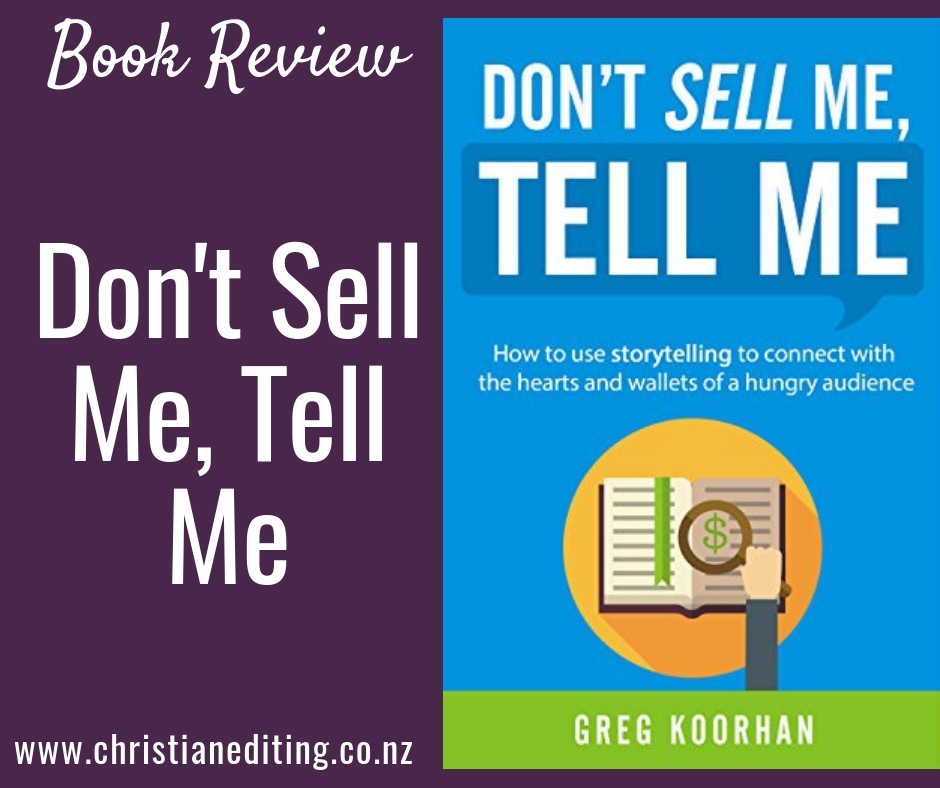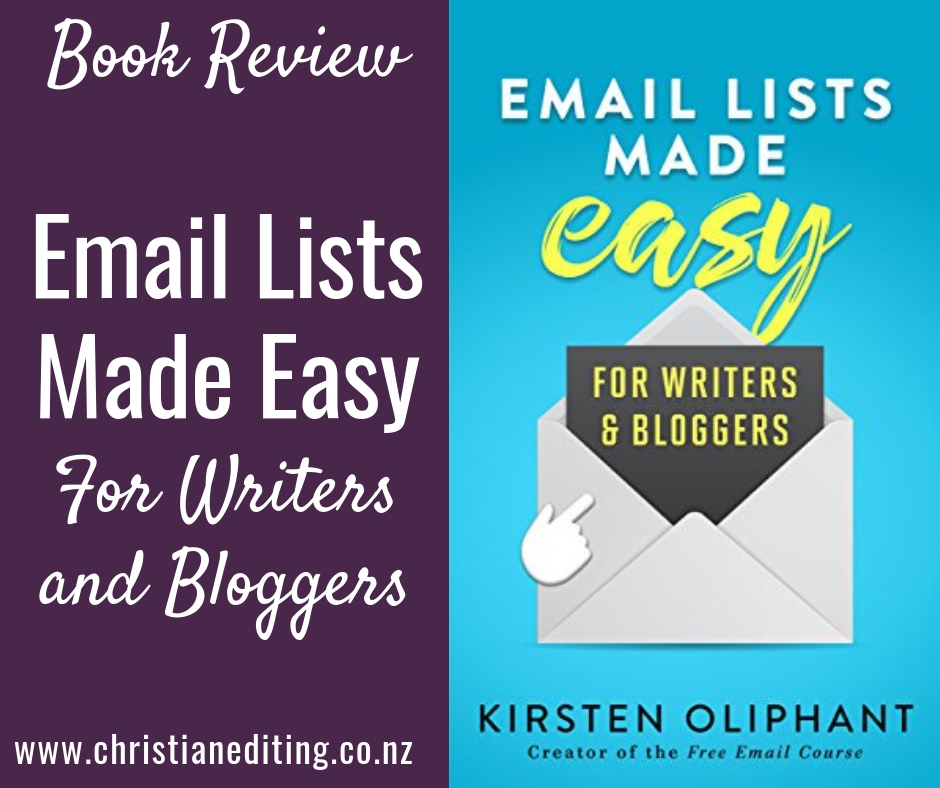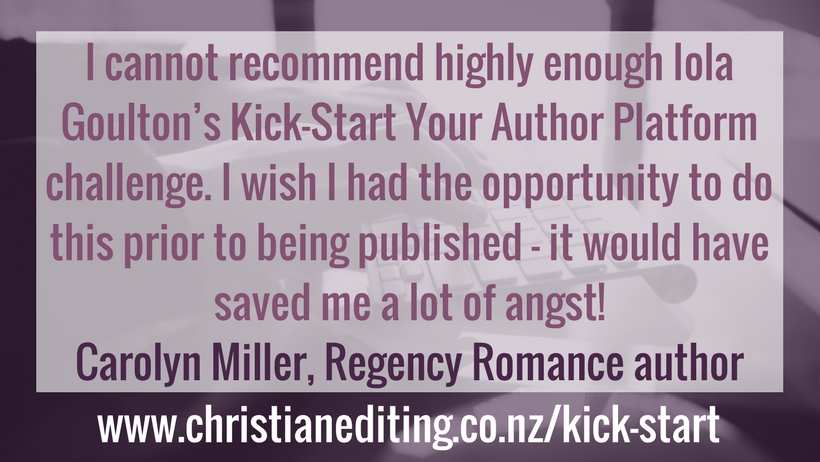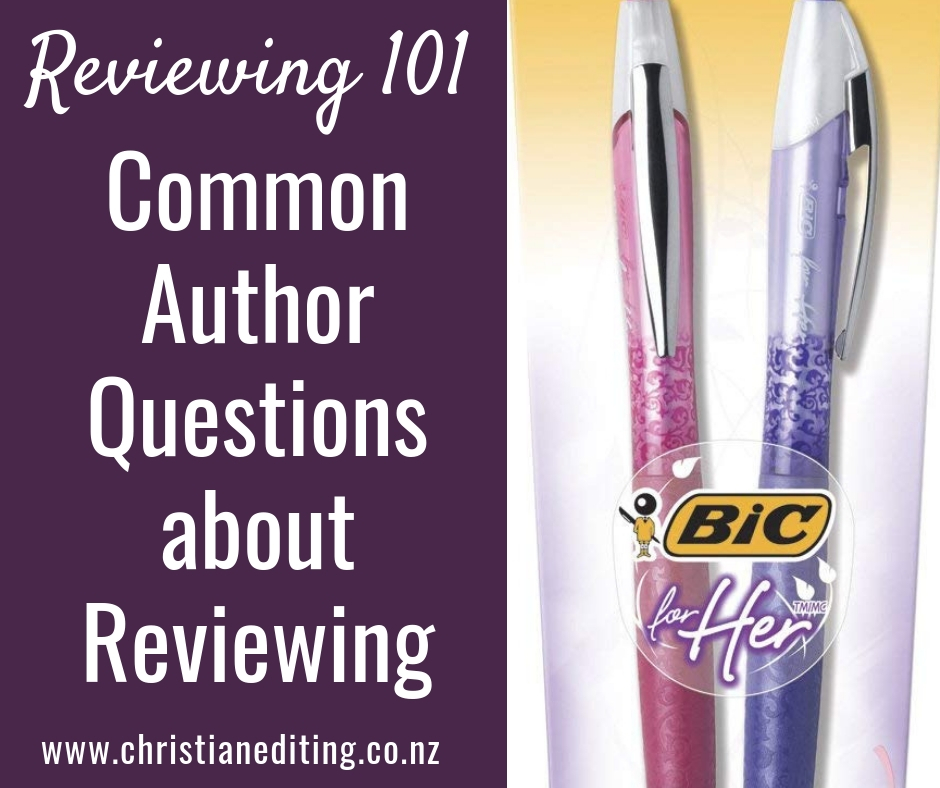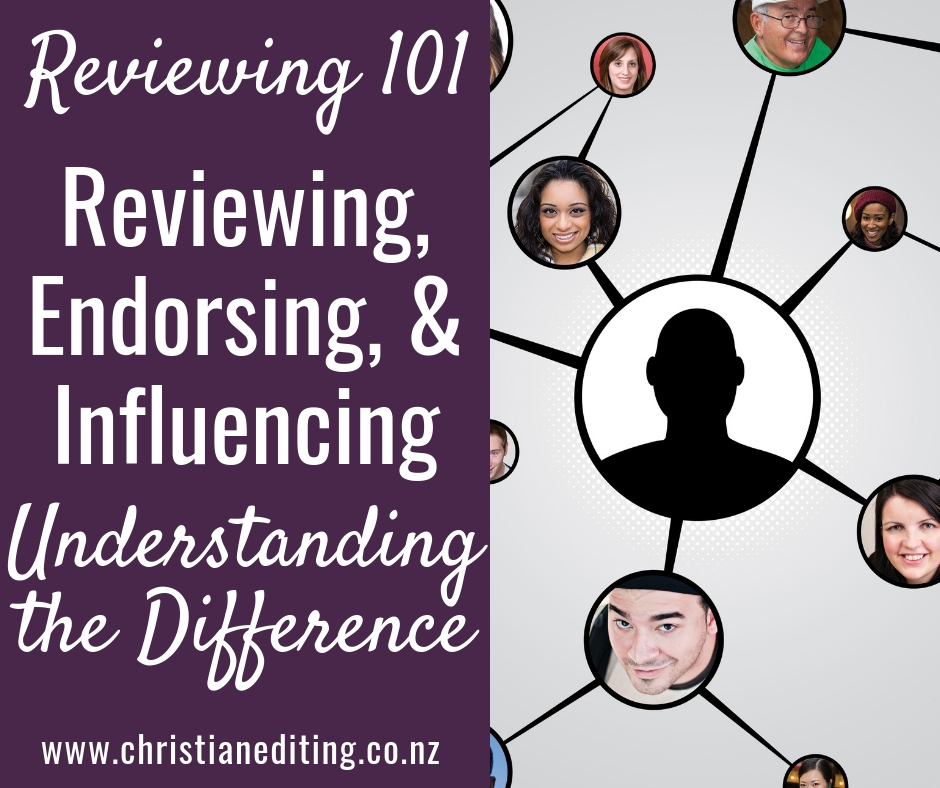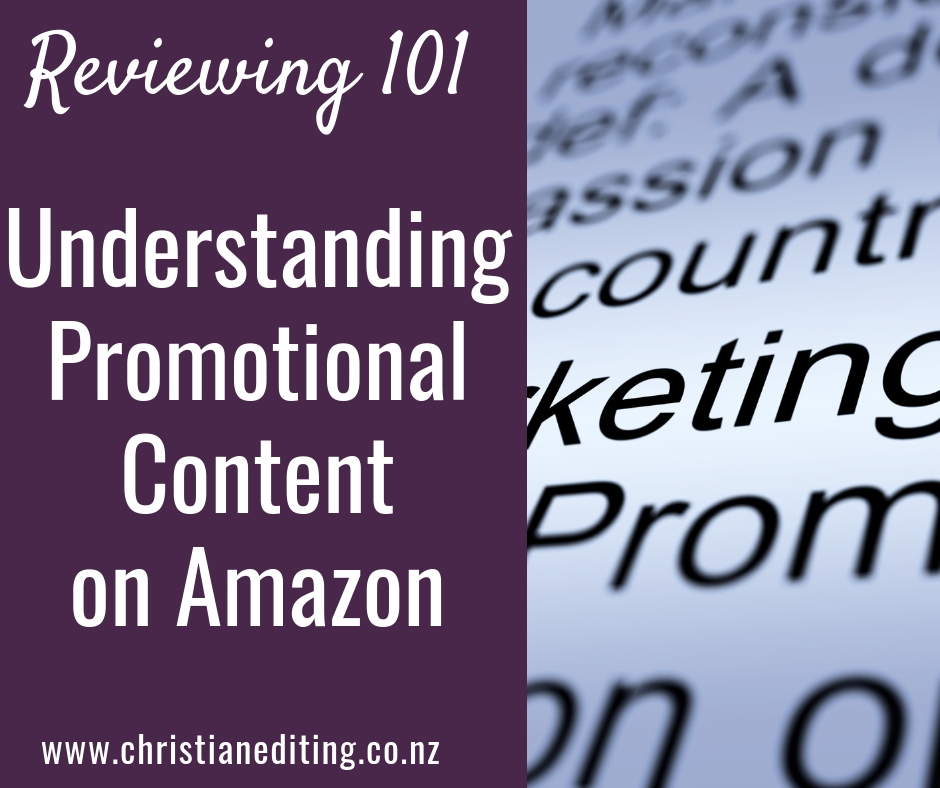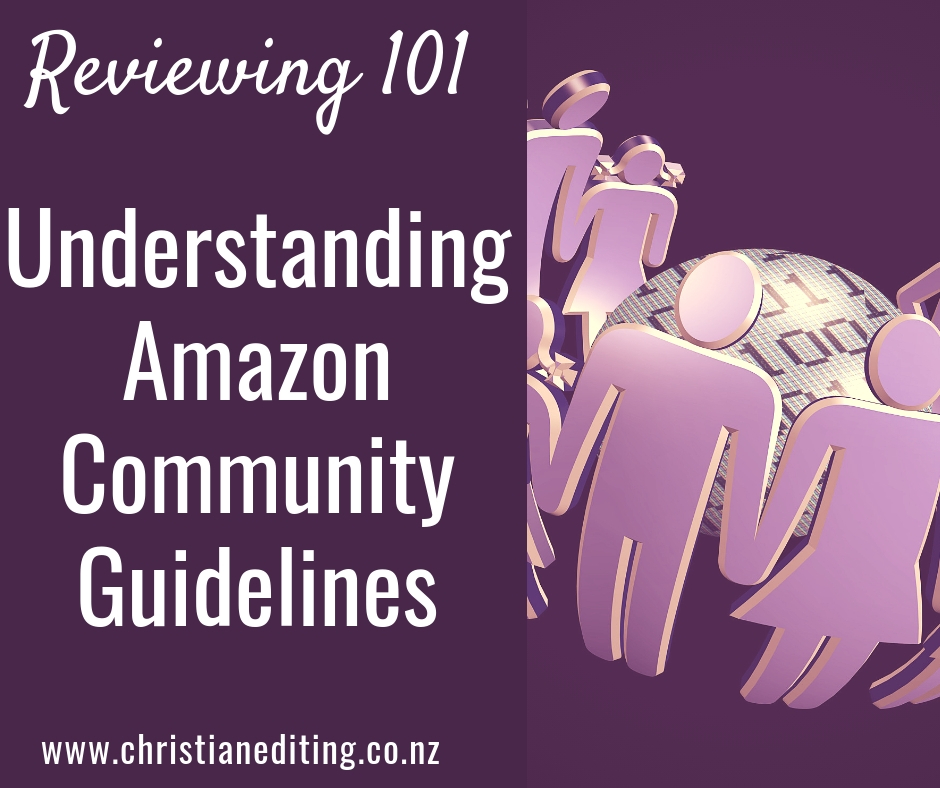Yes, this is another post taken from a question I saw in a Facebook group:
How do you market your books in a way that shows humility and points to Christ?
The fact you’re asking this question means you’re already well on the way to making sure your marketing is focused on God, not you. That’s great.
But I suspect it also means that you’ve bought into the common lie about what marketing is—that marketing is the annoying and sometimes smarmy push-push-push used to make the sale.
It isn’t.
Making the sale is selling. That’s important, but it’s not marketing. Marketing is about creating a product or service a segment of people will want to buy, then bringing that product or services to the attention of that segment.
Traditional marketing focuses on the four P’s: Product, Place, Price, and Promotion.
Even when I studied marketing, back in the dark ages of the early 1990’s, promotion was merely one aspect of marketing. And that was for traditional consumer goods marketing.
Now I believe there are seven Ps for the Christian author to consider: Prayer, Product, Package, Place, Price, Promotion, and Platform.
Let’s take a brief look at each:
Prayer
As Christians, our marketing should begin in prayer. It should end in prayer. It should be bathed in prayer. We need to be seeking God to know what he wants us to write—what topics, what formats, what word count. We need to know how and when he wants us to publish—publish a physical book or share our writing on a website or blog? Traditional publication or self-publishing?
(The only wrong answer here is vanity publishing; I believe that for 99% of authors or more, a vanity publisher is a bad deal because it’s bad stewardship of our financial resources. Having said that, even the owners and employees of vanity publishers need to hear the gospel, so if that’s the job God has given you, do it and do it well.)
Product
Traditional marketing starts with Product: offering a product (or service) customers will want to buy.
For writers, this means writing the best book or blog post we can write. It means learning to write, and learning to write well. Learning, learning, learning. Then writing, writing, writing. Writing the book or the blog post God calls us to write. It doesn’t matter whether we write fiction or non-fiction, literary or genre. It doesn’t even matter if it’s a book or not. Marketing our writing starts with writing well.
Seek excellence, because excellence honours God.
Package
Package is about taking that product and turning it into something the reader can access.
For a book, this means hiring the best editor we can afford—someone who will take your book apart and put it back together again, only better. Then we hire the best cover designer you can find, someone who will design a cover that appeals to your target reader. Package also includes the formats in which you sell your book: hardcover, paperback, ebook, audiobook, podcast.
But not all writing has to be published in a book. Letters, blog posts, magazine articles, devotionals … all are valid ways of writing in obedience to God’s call. Consider how these shorter offerings can be packaged for the reader.
Place and Price
Traditional marketing then moves onto Place and Price: distributing our Product to our target customers (Place) at a Price they are willing to pay.
For traditionally published authors, the publisher will control Place and Price.
If we self-publish, then our big decisions are Place (sell ebooks exclusively through Amazon or do you go “wide” and sell through other retailers as well) and Price (largely driven by what readers expect to pay, which is related to what other authors in your genre charge). Remember, the worker is worth his or her hire, so there is nothing wrong with charging for our work. Paul supported his missionary journeys by making tents.
We might decide to give our work away, either as a free book or by writing for a blog. That’s a valid decision if we’re writing for God, as “free” removes one of the barriers to making a sale. But making our writing freely available doesn’t mean our writing is read—that’s going to come back to Product and Promotion.
Promotion
Promotion is the final aspect of traditional marketing. Traditional promotion was a combination of push and pull marketing—pushing advertisements out to the world at large, and hoping to Pull customers into the store to buy your product.
Now we’re a little more sophisticated. We can target our advertisements on sites like Amazon and Facebook and Goodreads, to (hopefully) focus only on our target customer. We can cross-promote with other authors in the same genre. And we can promote ourselves and others using our Platform.
Platform
Platform is my preferred method of promotion because it reflects the approach I believe we need to take to marketing: to identify our audience, and seek to serve them.
Platform allows us to emulate Jesus by serving others, not ourselves.
What does this mean? Well, serving ourselves is easy to identify: it’s the author who tweets “buy my book” every six minutes of every hour of every day. It’s the author who constantly pins her own book covers. It’s the author who constantly posts quotes from her own books on Facebook and Instagram. It’s the me-me-me author who never talks about anyone but herself, who never responds to comments or social media mentions because her “marketing” is all on autopilot so she can focus on obsessing about her sales (and grouching because she’s in Facebook jail for self-promoting her book in a hundred Facebook groups in quick succession).
Serving others is harder. It requires more up-front thought, and more effort than scheduling the same 1,600 Tweets each week.
Serving others is about:
- Identifying our target reader.
- Working out what subjects our target reader is interested in.
- Serving our current and potential readers by finding and posting content about those subjects.
There is a name for this: content marketing.
The principle of content marketing is that we don’t directly market ourselves. Instead, we share information that serves others, and use that as the way to attract potential readers. It’s about being real and authentic, about engaging with our readers and turning them into fans.
Good content marketing follows the 80:20 rule:
- 80% of what you share is information (content) that will interest and engage your target reader.
- Only 20% of what you share is direct self-promotion. And even that should still be designed to interest and engage your target reader.
If we’re actively marketing to a Christian audience, then some of that content will point directly to Christ. For instance, we can share:
- Bible quote memes.
- Inspiring Christian quotes.
- Devotional posts.
- Deeper thoughts on God and the Bible.
We can still point to Christ even while marketing to a mainstream audience. For example, one Christian author I know who writes general market romance has a link to Bear Grylls advertising the Alpha course on the bottom of her website. Another is a pastor’s wife, and often posts about church services or events. Others are more subtle—you can see their Christian faith come through in their writing. It’s not overtly Christian, but it still points to Christ for those who have ears to hear.
Our focus on on serving your audience.
God has given us a message to share through our writing. He therefore wants us to share that message. To do otherwise would be to hide our light under a bushel.
And we can share that in humility and in a Christ-like manner. Jesus was the Messiah, yet didn’t promote himself. He said very unpromotional things, like the least shall be first. He pointed to His Father in all things. We can do the same.
This method of marketing isn’t going to produce instant results.
It’s playing a long game. So is God. It’s giving without expectation. As Jesus did. It’s about delivering the message God has placed on our hearts, and trusting the Holy Spirit to get it to the people who need it.
At the end of the day, if we are focused on God, if we are writing and publishing what you believe He has called us to write and publish, then we’re going to have to trust Him with the results. Bathe our writing in prayer, sow our seeds, serve others, and trust God to bring His harvest in His time.
Meanwhile, if you’d like help in establishing a Christ-centred Platform, click here to check out the Kick-Start Your Author Platform Marketing Challenge.
What content can you share that will promote your writing and point to Christ?


